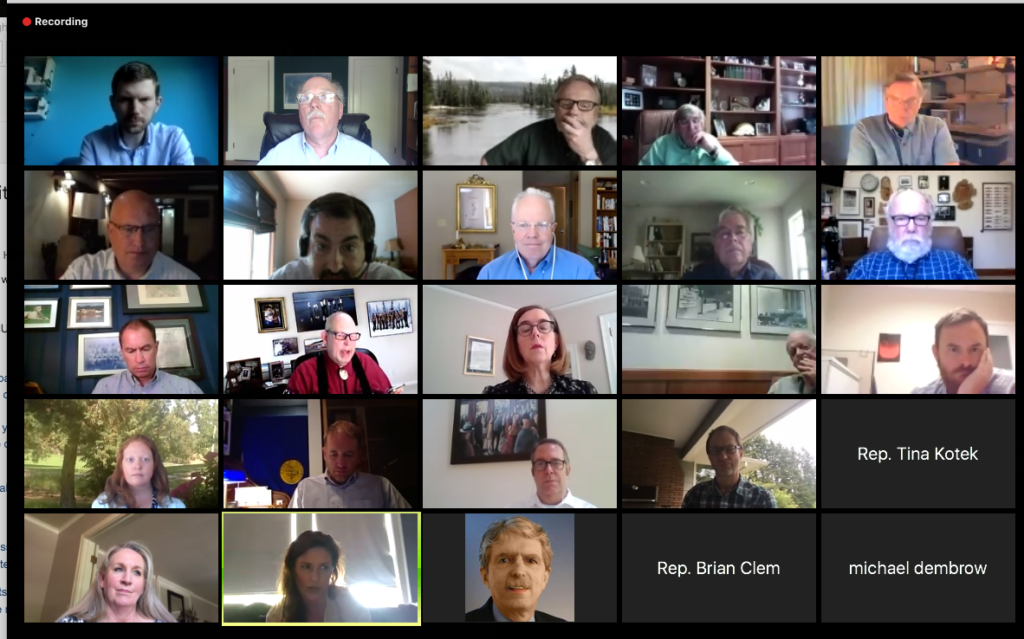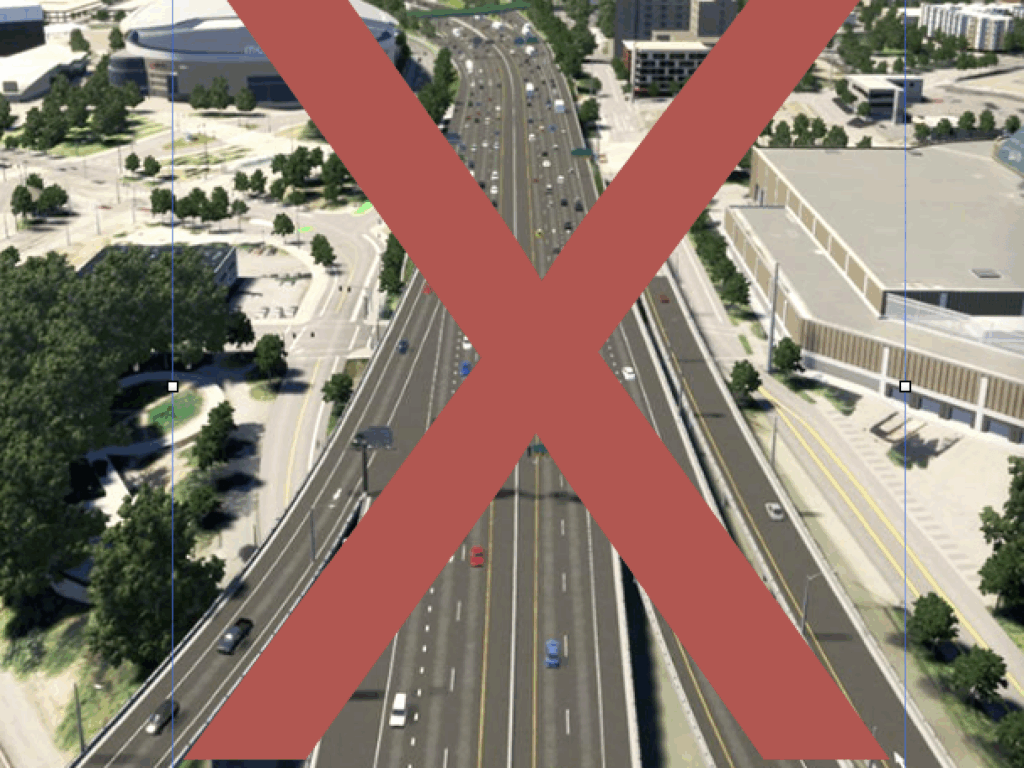Some advice on economic policy for states looking to rebound from the pandemic
City Observatory’s Joe Cortright has served as Chair of the Oregon Governor’s Council of Economic Advisers under three Governors. The Council met (virtually) with Oregon Governor Kate Brown on May 29, to discuss how the state’s economy could recover from the effects of the Covid-19 pandemic.

While Oregon’s situation likely differs from that of other states in some details, the same issues are likely to arise elsewhere. Here’s a synopsis of his advice to the Governor:
- The state has a limited ability to influence the overall trajectory of the Oregon economy. The most decisive policies will be those of the federal government, through fiscal and monetary policy; The state’s limited borrowing ability means that it can’t spend to enough to offset an inadequate federal response, and much of any state-funded stimulus would flow out of Oregon. Oregon will mostly have to roll with the punches, but can help soften the blow on the hardest hit and most vulnerable.
- The state’s focus should be initially on the public services that support managing the pandemic. The state’s most important role for the next six to twelve months is making sure that Covid-19 rates continue to decline, and that any flare-ups are dealt with aggressively. The economic damage from too fast a re-opening is a greater risk than the economic damage from a somewhat too cautious re-opening.
- Opening schools and daycare may be important to allowing all sectors of Oregon’s economy to reopen; these are within state control. Nationally, data suggest that pandemic related restrictions have disproportionately affected women’s employment; because the burden of household childcare falls more on women, opening schools and daycare is both an equity and an efficiency issue.
- The recovery will be uneven across industries. Some industries will rebound and may require little assistance or intervention; others will not recover completely, and we will lose some businesses permanently. For example, we can expect health care to recover as we re-open.
- Other industries face long-term or permanent structural changes. For example, entertainment, travel, tourism and restaurants are likely to be smaller for some time. We will likely see lots of business closures in restaurants in particular. It may be impossible for the state to forestall these closures, but it can help the industry adapt (for example by allowing the use of sidewalks, parking spaces and parking lots for outdoor dining) and mitigating the effects on workers with unemployment insurance.
- Unlike past recessions, I don’t think this event calls for a classic pump-priming public works response. There will be lots of consumer demand as we re-open the state economy and capital construction projects have such long lead times that they are unlikely to provide a boost anytime soon. I would prioritize keeping public services (and associated payrolls) rather than going for one-off capital construction. I would also argue that some of our old-school public works projects (wider freeways, a bigger airport terminal) may no longer make any sense in a post-Covid world. To the extent we have the flexibility to do so, it may make sense to postpone big capital expenditures, use the funds to keep services and operations intact, and wait until we see how the post-Covid world is different before moving ahead with big projects that might no longer be needed or useful.
- If we are thinking about investments, I would recommend things that reflect the learning of the pandemic: for example, equipping and training schools to provide distance learning, making sure all kids have access to high speed internet. Also: We should do a retrospective with OHA to figure out what we should invest in in order to be better prepared to recognize and act quickly at the time of the next pandemic; codify the lessons learned.
The full video of the meeting is available here.

